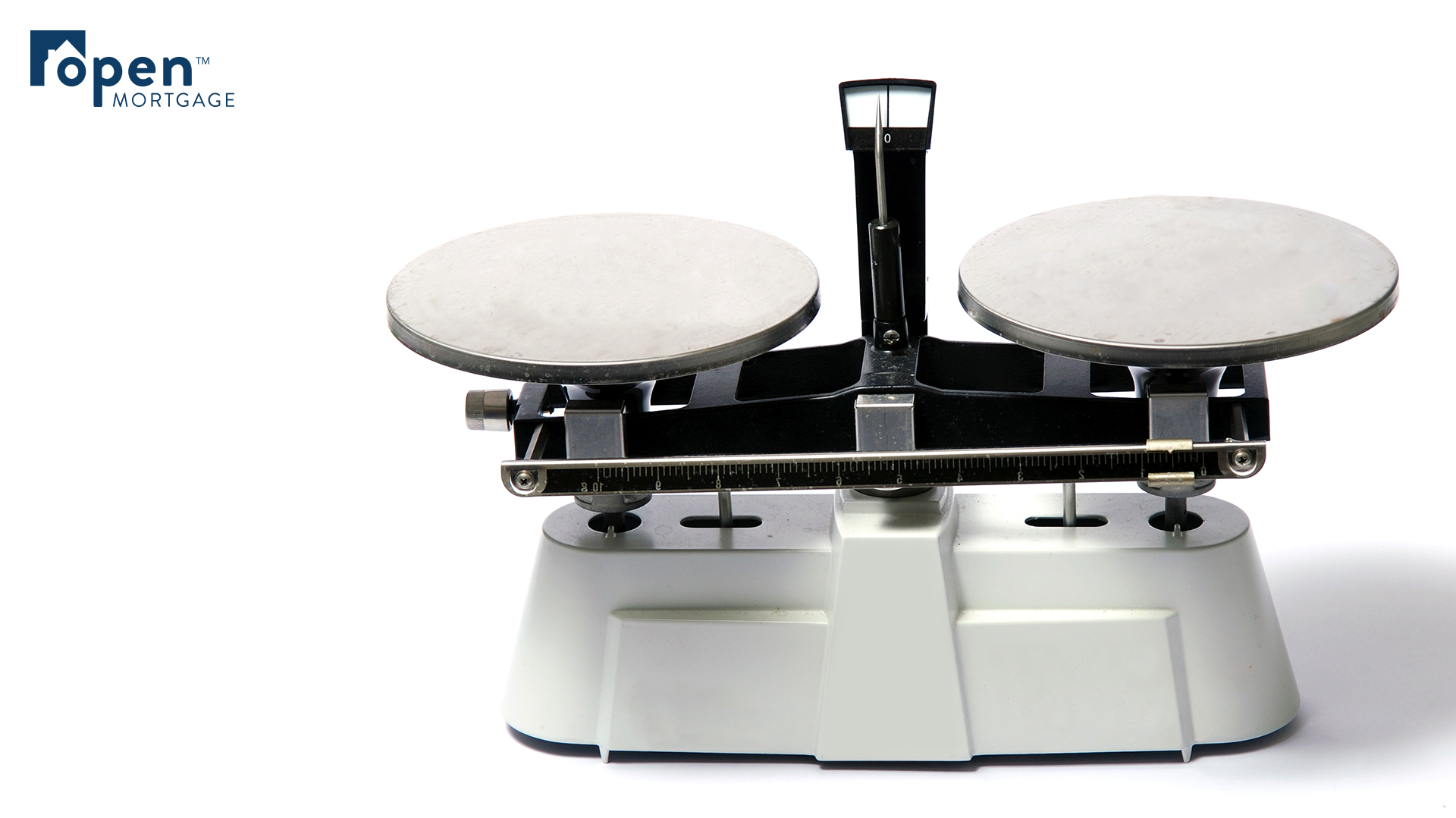
Is it a Good Idea to Pay Off Your Mortgage Early?
If you’re considering applying for a mortgage to purchase a home, you can expect a long-term commitment. A 2015 survey found that despite 15-year mortgages being available, 86% of mortgage applicants opted for 30-year loans.
With a 30-year loan, the borrower pays back the principal (amount borrowed to pay for the home) along with interest (amount the lender charges for lending money) for the next 30 years.
Because of the long timeframe needed to pay back a mortgage, homeowners (and homebuyers) often wonder about paying a mortgage off faster. After all, what could be bad about owning your home outright and no longer having a mortgage payment?
There are benefits from paying off a mortgage early
Paying off your loan early offers some powerful benefits. Because you no longer have a monthly mortgage payment, your money can be freed for other goals, such as building retirement savings or investments.
Though you still have to pay homeowner’s insurance, property taxes and homeowners association fees, homeowners can appreciate the debt freedom gained by paying off their mortgage early.
Paying off a mortgage early also has negatives
Becoming “debt-free” from paying off a mortgage early has its drawbacks. These include:
- Eliminating mortgage payments removes a key part of building good credit
Consistently making monthly mortgage payments during homeownership is one of the best ways to build strong credit. By eliminating these payments, you remove an important part of credit building. - Potentially losing emergency savings
It’s a good financial strategy to have emergency savings that can completely cover three to six months of living expenses. If paying off your mortgage early depletes your emergency savings, there’s increased risk of losing your home in a financial emergency (even if your home is completely paid off). Think carefully about your emergency savings before paying off a mortgage early. - Risking retirement savings accounts
Saving early for retirement is an extremely important financial strategy. If you use potential retirement savings to pay off a mortgage early, you’re losing money that can be placed into defined contribution plans such as 401(k). - Losing tax benefits
A valuable benefit of homebuying is tax benefits. When you buy or refinance a home, the IRS usually allows you to deduct interest paid on home equity debt of up to $100,000 (or $50,000 if you’re married or file separately). Paying off a mortgage earlier causes you to lose this tax perk.
Think carefully before paying off your mortgage early
While paying off a mortgage and becoming debt-free is an attractive idea, going through with it can come with tradeoffs. So take time to consider your financial and retirement goals when thinking about paying off your mortgage early. It’s also a good idea to speak with a financial planner about your goals.
 Search
Search




